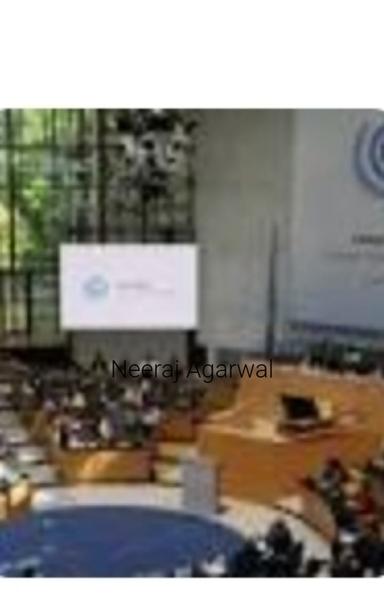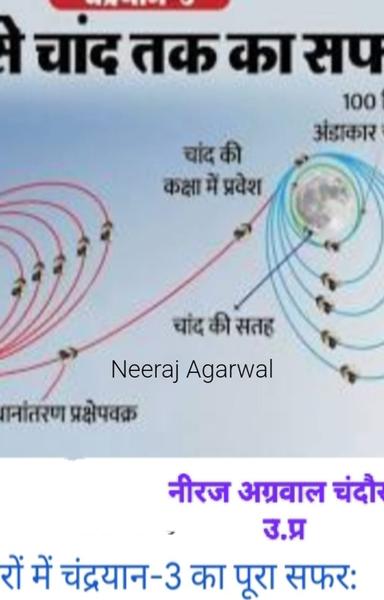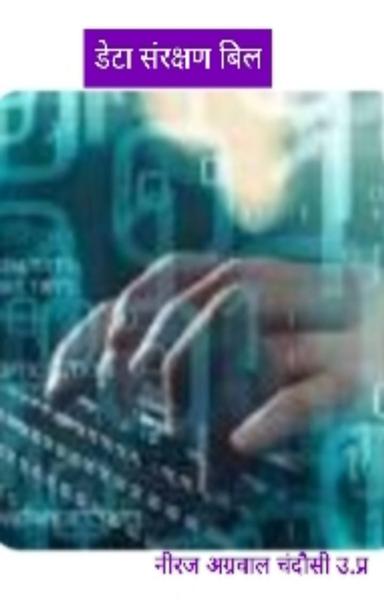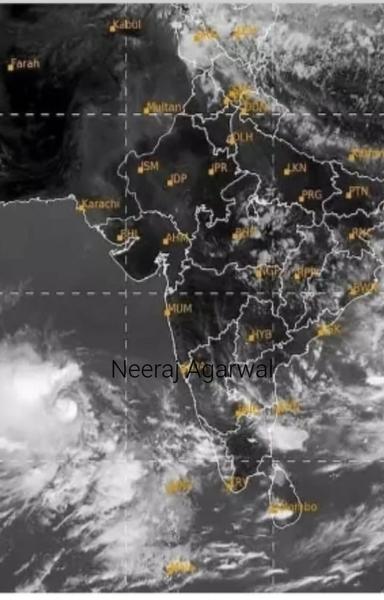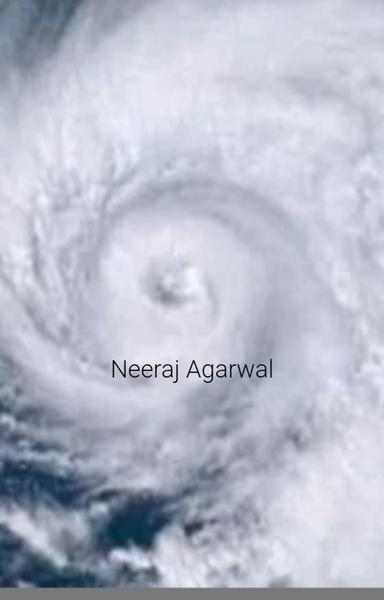
Smart cities will surely open up opportunities for lot of businesses. There is every possibility that innovative technologies will disrupt the markets for the legacy companies. But in view of the lack in resource and planning, the bigger question however is how to turn these existing cities Smart –
Smart City has emerged as a buzzword in India ever since Prime Minister Narendra Modi outlined his vision for creating 100 Smart cities. At a simple level, a Smart City refers to a well- planned city that relies on IT as an enabler to solve many of its problems – from the use of sensors to smart grids and data analytics that allow city infrastructure and services to meet city problems and citizen demands efficiently and reliably.
 Rohit Magotra
Rohit Magotra
Assistant Director, Integrated Research and Action for Development, CoE – Urban Development and Climate Change, Ministry of Urban Development
Smart cities will surely open up opportunities for lot of businesses. It will have technology at its core. There is every possibility that innovative technologies will disrupt the markets for the legacy companies. Moreover, Smart city initiatives are driven by public sector initiatives and will on the long run have a big impact on businesses.
However it is not an easy task to build these cities smart. The Government of India has undoubtedly taken the first steps through their focus on developing 100 ‘smart cities’, but technology infrastructure is obviously critical and that needs to be built up rapidly so that valuable services can be delivered.
Like for instance, between 2014 and 2050 India will add 404 million people to its cities, according to the United Nations. And it is not possible to scale and provide the urban services like education, healthcare, security, and government services with limited resources.
Indian cities are facing increasing pressures on their existing resources already. Transforming towns into their smart versions that more efficiently deliver citizen services and amenities is critical to sustain the attractiveness and growth of these urban centers. These services need to be innovative and factor in the local realities like local practices, (computer) literacy, privacy, and device accessibility. They need to take into consideration the citizens’ expectations of tomorrow and technologies of the future like IOT so that we build cities that are “Smart” not just today but also tomorrow. Sounding a bit skeptical, GK Bhat, Chairman – TARU says, “It is most necessary to value the local natural resources and their ecological functions (such as flood control, groundwater recharge, biodiversity etc.) If these are integrated with city wide systems, the city development will be efficient more resilient.”
Sounding a bit skeptical, GK Bhat, Chairman – TARU says, “It is most necessary to value the local natural resources and their ecological functions (such as flood control, groundwater recharge, biodiversity etc.) If these are integrated with city wide systems, the city development will be efficient more resilient.”
He points out that first of all, the smart city development is expected to close the waste loops in water and energy loops, which are currently “use and waste” systems. There is considerable scope to reduce water use through recycling waste water at local levels,.....See More


